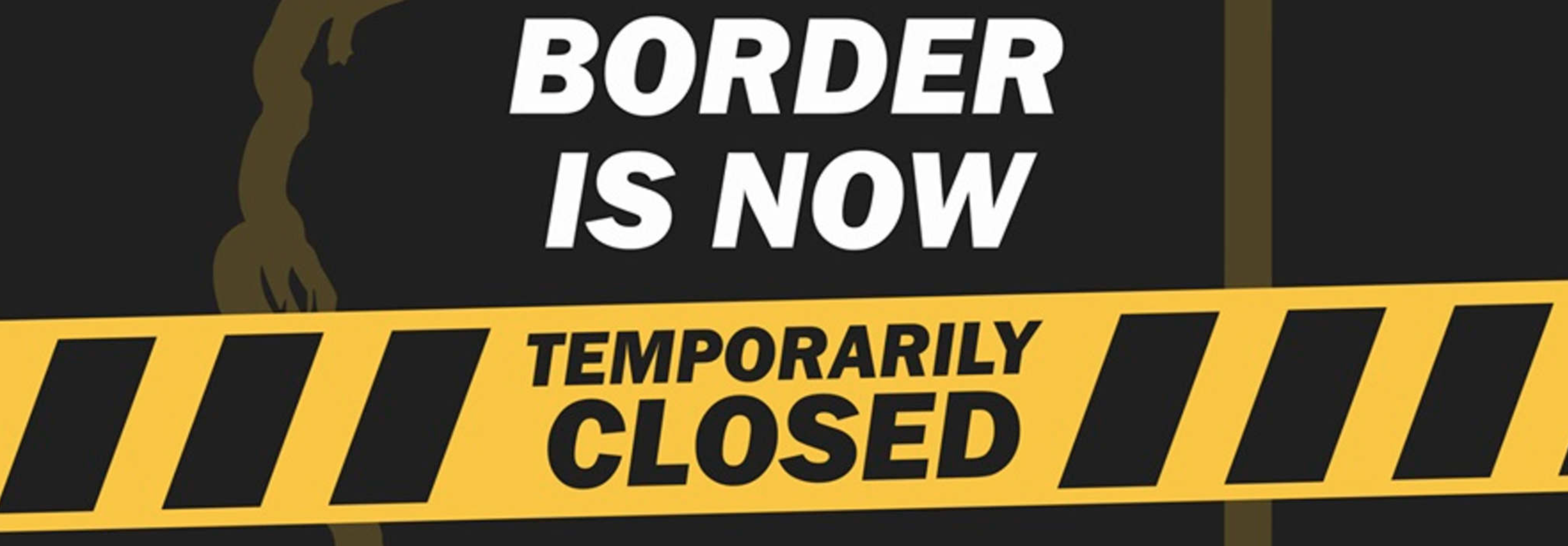Before federation, the colonial boundaries could be altered by the Queen in Council under the Colonial Boundaries Act 1895 (Imp) with the consent of the affected Colonial Parliaments. Since federation, s 123 of the Commonwealth Constitution provides the only constitutional avenue for an alteration in State limits. It provides as follows:
The Parliament of the Commonwealth may, with the consent of the Parliament of a State, and the approval of the majority of the electors of the State voting upon the question, increase, diminish, or otherwise alter the limits of the State, upon such terms and conditions as may be agreed on, and may, with the like consent, make provision respecting the effect and operation of any increase or diminution or alteration of territory in relation to any State affected.
In 2013, Dr Gerard Carney during a Public Lecture of the High Court set out the historical content in a comprehensive speech on the subject of the boundaries of the colonies and States. Dr Carney often referred to State Borders but when referencing the material relied on for within his lecture it was clearly revealed that what he dubbed 'borders' were actually created as State Boundaries.
One only has to look to the Constitution of the Commonwealth for confirmation of this, one can easily confirm the Constitution fails to make reference of any borders, boundaries are referenced a single time within clause 8, to which it provides the boundaries shall not apply to any State formerly being a colony:
Application of Colonial Boundaries Act.
After the passing of this Act the Colonial Boundaries Act, 1895, shall not apply to any colony which becomes a State of the Commonwealth; but the Commonwealth shall be taken to be a self-governing colony for the purposes of that Act.
The term 'limits of the State' appears within three sections of the Constitution, Sections 51, 123 and 128:
.
Section 51.
Legislative powers of the Parliament.
The Parliament shall, subject to this Constitution, have power to make laws for the peace, order, and good government of the Commonwealth with respect to:--
(xiii.) Banking, other than State banking; also State banking extending beyond the limits of the State concerned, the incorporation of banks, and the issue of paper money:
(xiv.) Insurance, other than State insurance; also State insurance extending beyond the limits of the State concerned:
Section 123
Alteration of limits of States.
The Parliament of the Commonwealth may, with the consent of the Parliament of a State, and the approval of the majority of the electors of the State voting upon the question, increase, diminish, or otherwise alter the limits of the State, upon such terms and conditions as may be agreed on, and may, with the like consent, make provision respecting the effect and operation of any increase or diminution or alteration of territory in relation to any State affected.
Section 128
...No alteration diminishing the proportionate representation of any State in either House of the Parliament, or the minimum number of representatives of a State in the House of Representatives, or increasing, diminishing, or otherwise altering the limits of the State, or in any manner affecting the provisions of the Constitution in relation thereto, shall become law unless the majority of the electors voting in that State approve the proposed law...
It is clear, the 'limits of the State' are a reference to the limits of Political and jurisdictional reach of each State, The Colonial Boundaries Act proclaims 'After the passing of this Act the Colonial Boundaries Act, 1895, shall not apply to any colony which becomes a State of the Commonwealth; but what does this actually mean?
Prior to Federation the boundaries of the colonies which became the States could only be altered by the Queen by Order in Council or Letters Patent. After Federation, this command within the Colonial Boundaries Act meant the mechanism to alter the boundaries by the Queen ceased to have effect. It was now only by the approval of the newly sovereign body of electors of the Commonwealth that the limits of the States could be altered. The boundaries of the colony now surrounded the shoreline of the newly formed Commonwealth and as confirmed by Clause 8 of the Constitution: 'the Commonwealth shall be taken to be a self-governing colony for the purposes of the Colonial Boundaries Act.
Use the toolbar at top of each page to open.
-
a line which marks the limits of an area; a dividing line.
-
1.a point or level beyond which something does not or may not extend or pass."the failure showed the limits of British power"
late Middle English: from Latin limes, limit- ‘boundary, frontier’. The verb is from Latin limitare, from limes
-
a line separating two countries, administrative divisions, or other areas."Panama's western border with Costa Rica"
